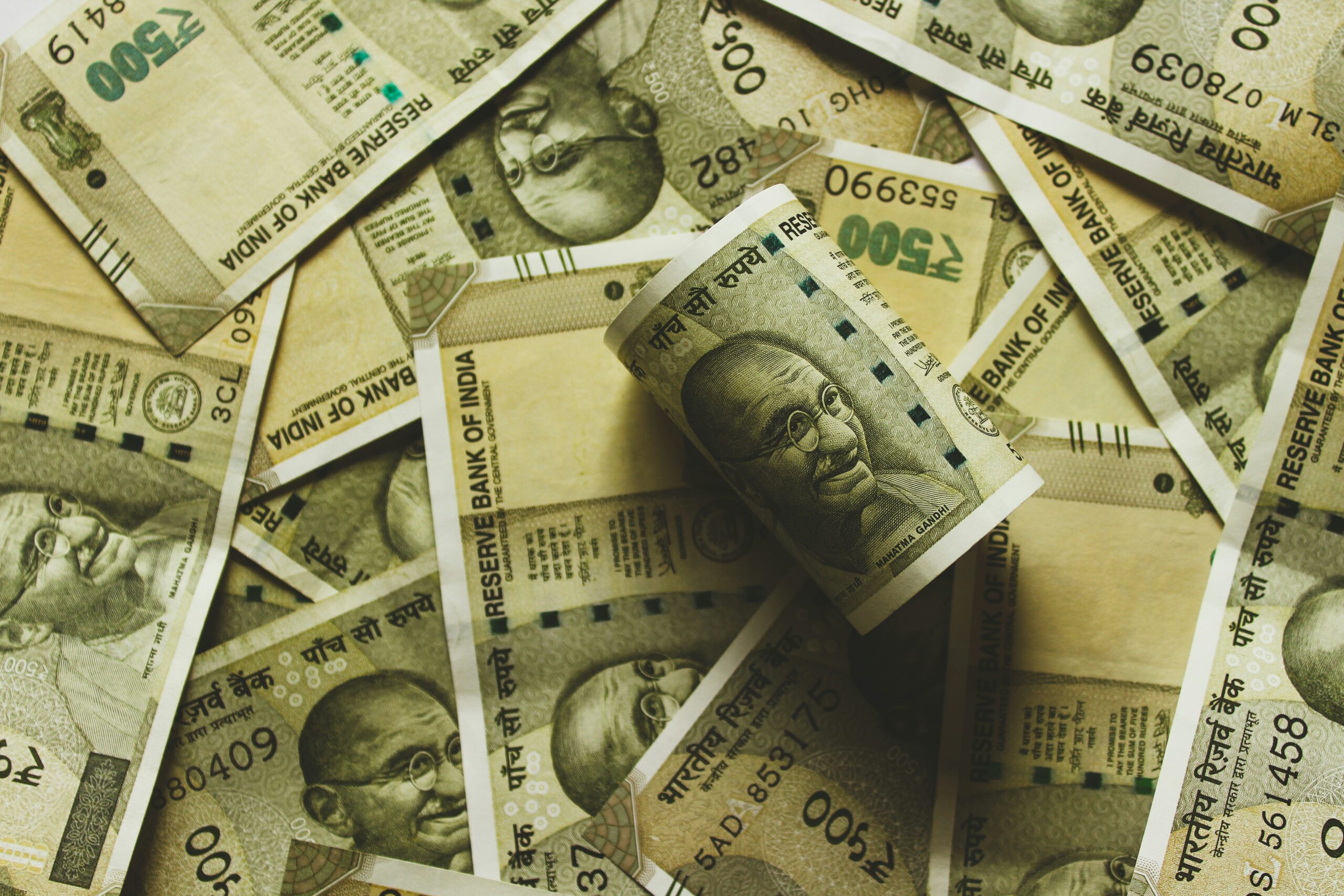As per the rules, the gratuity limit and other allowances get automatically revised whenever the DA hits a ceiling of 50%. The Centre in March this year hiked the DA for over 50 lakh employees by 4% to 50%.

7th Pay Commission News: In a bonanza for government employees, the Centre’s decision to hike dearness allowance for its staff by 4% to 50% has resulted in a massive revision in other allowances, including retirement gratuity, as well.
As per the rules, the gratuity limit and other allowances get automatically revised whenever the DA hits a ceiling of 50%. The Centre in March this year hiked the DA for over 50 lakh employees by 4% to 50%. It was also speculated that following this revision, the DA would be merged with Basic Pay since it has reached 50%. However, the government has denied any such proposal for now.
"Retirement and Death Benefits Increased to Rs 25 Lakh" 7th Pay Commission
Earlier, the retirement gratuity payable for qualifying service of 33 years or more was 16½ times the Basic Pay plus DA, subject to a maximum of Rs 20 lakh. But with DA hike touching 50%, this limit in gratuity payable has been enhanced by 25% or Rs 5 lakh to Rs 25 lakh.
“As per para 6.2 of the OM no. 38/3712016-P&PW(A)(1) dated 04.08.2016 issued by Department of Pension and Pensioners’ Welfare, Ministry of Personnel, Public Grievances and Pensions, Government of India, the maximum limit of retirement gratuity and death gratuity shall be increased by 25% whenever the dearness allowance rises by 50% of the basic pay,” said a notice from the Ministry of Labour and Employment, Govt of India, issued on April 30, 2024.
Accordingly, the maximum limit of retirement gratuity and death gratuity shall be increased by 25% to Rs 25 lakh from the existing Rs 20 lakh on account of the revision of dearness allowance payable to central government employees to 50% of the basic pay, it said.
7th Pay Commission: Taxes on Gratuity for Government Workers Explained
The gratuity amount payable to government employees is exempt from income tax. Not only for central government employees, but the gratuity amount payable to state government staff, local body employees and other government sector workers is tax-free.
7th Pay Commission: Changes to Gratuity Laws: What You Need to Know
The Central Board of Direct Taxes (CBDT) issued a notification in March 2019, clarifying that the exemption limit of Rs 20 lakh would be applicable to employees in the event of retirement or death or resignation or disablement on or after 29 March 2018. Now this amount has automatically been revised to Rs 25 lakh with DA being raised to 50% of Basic Pay.
Understanding Gratuity: What It Is and Who Qualifies
7th Pay Commission
Gratuity is a special payment given to employees by employers acknowledging their long association. Gratuity is not linked with regular monthly wages but forms part of employees’ CTC (cost to company). Gratuity guidelines are governed by rules set out in the Payment of Gratuity Act, 1972.
Gratuity can be payable under these conditions: when an employee reaches retirement age, retires or resigns from a job, or faces accidents or illness leading to disability or death. To qualify for gratuity, an employee needs to have worked for at least five years. However, there are exceptions for cases involving disability or death. It’s important to note that interns or temporary employees usually don’t receive gratuity.
Coming back to the revision in allowances by 25% after March DA hike, here are the allowances that have also been increased. These include HRA, Child Education Allowance, Special Allowance for Childcare, Hostel Subsidy, Transportation of Personal Effects, Dress Allowance, Mileage Allowance for Own Transport, and Daily Allowance.